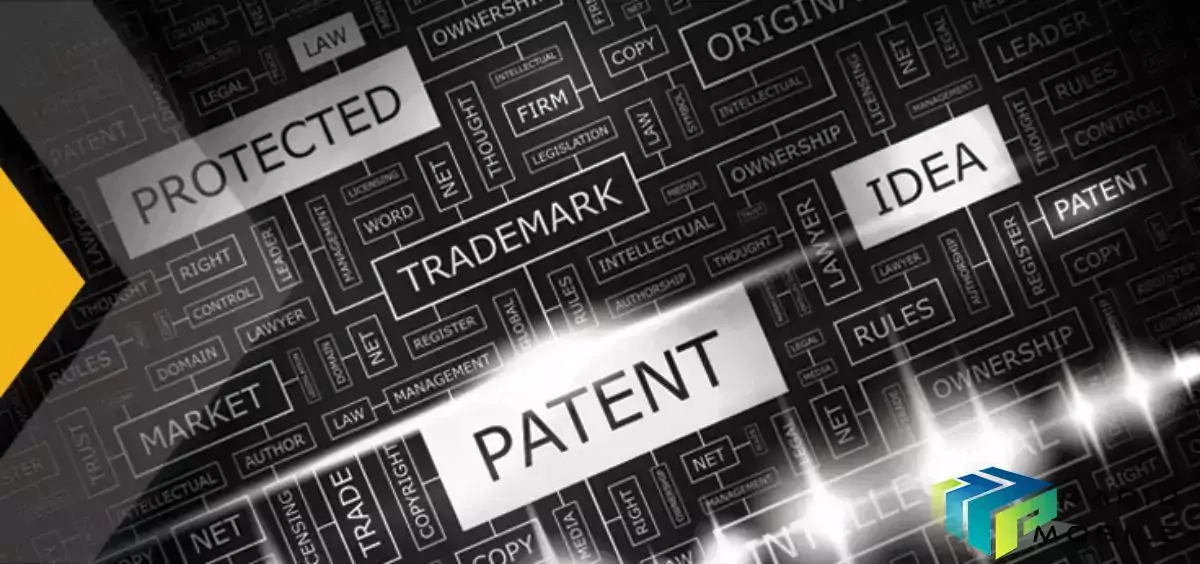The UK Supreme Court today unanimously dismissed appeals by China’s Huawei and ZTE in patent disputes over mobile data technology with Unwired Planet International and Conversant Wireless. It is the first time that a UK court has issued a decision on what constitutes a fair, reasonable and non-discriminatory (FRAND) commitment to licence standard-essential patents (SEPs).
The first appeal concerned an action brought by Unwired against Huawei for the infringement of five UK patents, which Unwired had acquired from Ericsson and were said to be essential in mobile telecoms.
An English court had previously ruled that two of the patents were valid and essential, and in a subsequent trial found Unwired’s licence terms were justified and enforceable.
After determining that Unwired Planet had engaged with Huawei in line with competition rules and that Huawei had not engaged in negotiations as a willing licensee should, Mr Justice Birss considered what the FRAND rates are for Unwired Planet’s technologies.
The rates set were lower than Unwired Planet was seeking and will be used to assess the future award of damages to account for Huawei’s historic infringement.
Mr Justice Birss agreed to consider an injunction against Huawei over the sale of its devices in the UK which rely on Unwired Plant’s SEPs unless Huawei quickly agrees to licence the technologies on the basis of the terms set by the court.
The second appeal concerned action brought by Conversant against Huawei and ZTE for infringing four of its UK patents, which had been acquired from Nokia and related to LTE standards used by 4G handsets to download and send data.
Huawei and ZTE argued that the English Courts did not have jurisdiction to determine the validity of foreign patents. But the trial judge had ruled against them, saying the court had jurisdiction under an international patent framework agreed by the mobile industry.
The Supreme Court today said it had unanimously dismissed both appeals.
A Huawei spokesperson said:
“Huawei has already made payments to Unwired Planet according to the agreement set by UK court and has settled with Unwired Planet’s parent company, PanOptis. As a result, no additional sums fall due as a result of this ruling.
“With respect to Conversant, this decision was a preliminary ruling on jurisdiction and the proceedings will now continue with the UK Frand [fair, reasonable and non-discriminatory] trial scheduled for February 2021.
“Huawei continues to advocate a balanced position in relation to Frand licenses of standard essential patents, which is critical to the innovation that brings enormous benefits to our society.”
Conversant’s chief executive Boris Teksler said he was “very pleased” by the outcome, which the firm said would have “significant implications worldwide” for standard-essential-patent (SEP) licensing.
“It confirms Conversant Wireless’ approach, that as a holder of cellular standard-essential patents, we can seek proper value for our patents without having to resort to what the UK courts themselves called the ‘madness’ of country-by-country licensing and related litigation,”
“This helps level the playing field when small companies are trying to license SEP portfolios to global giants with seemingly limitless litigation resources.”
A spokesperson for Unwired Planet said:
“We are pleased with the UK Supreme Court’s decision, which fully affirms the rulings of the UK appellate court and Mr Justice Birss.
“Unwired Planet and its other PanOptis related companies believe that global licensing is the most efficient and effective solution for both licensors and licensees. We look forward to continue working with other manufacturers to offer licenses to our patents under this global Frand framework and conclude negotiations in a timely manner.
“We greatly appreciate the efforts our UK counsel: EIP Legal, Osborne Clarke and the UK barristers. The expertise, creativity and determination of the combined legal teams were truly exceptional.”
The judgment could potentially have far-reaching consequences, including a greater volume of litigation over technology patents in the UK, satellite litigation in other European countries, and increased clarity on the rates businesses reliant on communications technologies will need to pay to use the technology.
A patent that protects technology believed to be essential to implementing a standard is termed a standard-essential patent (SEP). Standards are often developed by businesses working together in collaboration under the auspices of standardisation bodies such as the European Telecommunications Standards Institute (ETSI) or the telecommunication standardisation sector of the International Telecommunication Union (ITU-T).
Typically it is a pre-condition that businesses benefiting from that framework of collaboration make the patents they subsequently obtain relating to standardised technologies available to others by way of a licence on fair, reasonable and non-discriminatory (FRAND) terms.
The FRAND rate is agreed between the parties by commercial negotiation, but sometimes disputes arise as to what constitutes ‘FRAND’. If the SEP holder and the technology implementer cannot agree on FRAND licence terms, these will require determination by a tribunal. The courts in England and Wales have indicated their willingness to do this.
Arty Rajendra, UK head of IP disputes at Osborne Clarke, said:
“We are thrilled for Unwired Planet. The Supreme Court judgement endorses Unwired Planet’s consistent position that a global licence is Frand and ensures it receives fair royalties for its SEP portfolio without having to litigate all over the world.
“Implementers complain this is a high price for access to the UK market, but because the UK court is determining terms of a global Frand licence, implementers can also legally manufacture and sell their products on a worldwide basis without fear of infringing the SEP owner’s multinational patent rights.”



